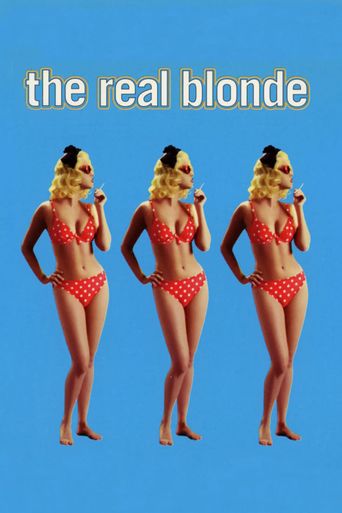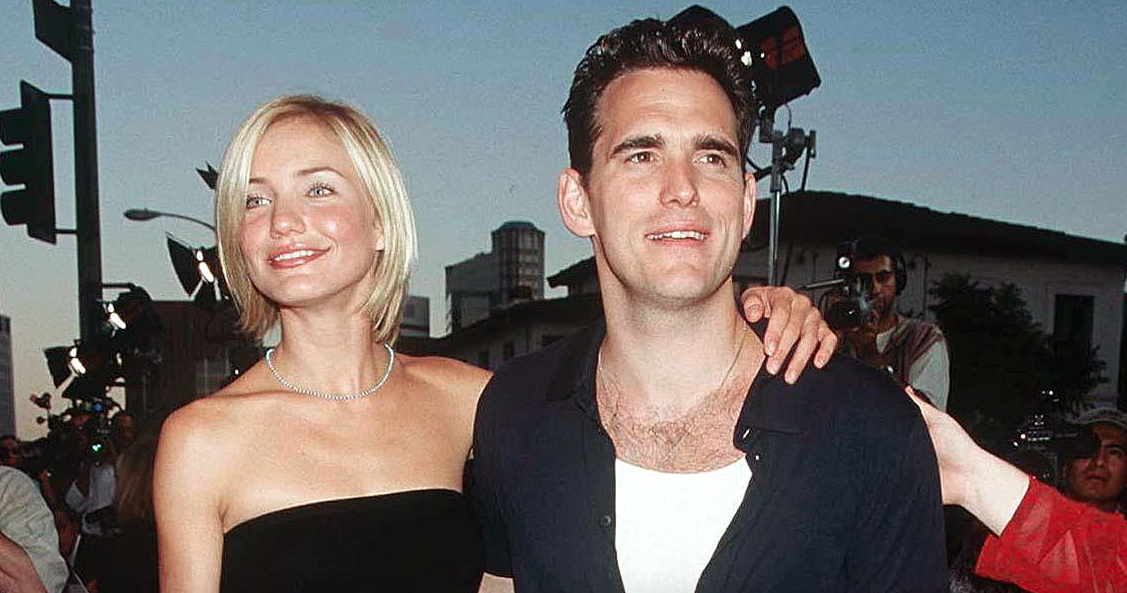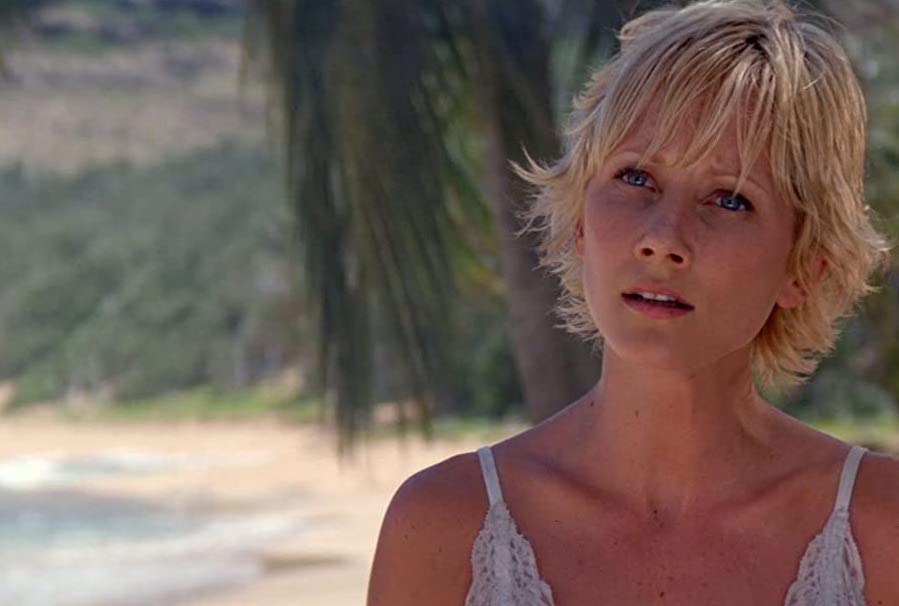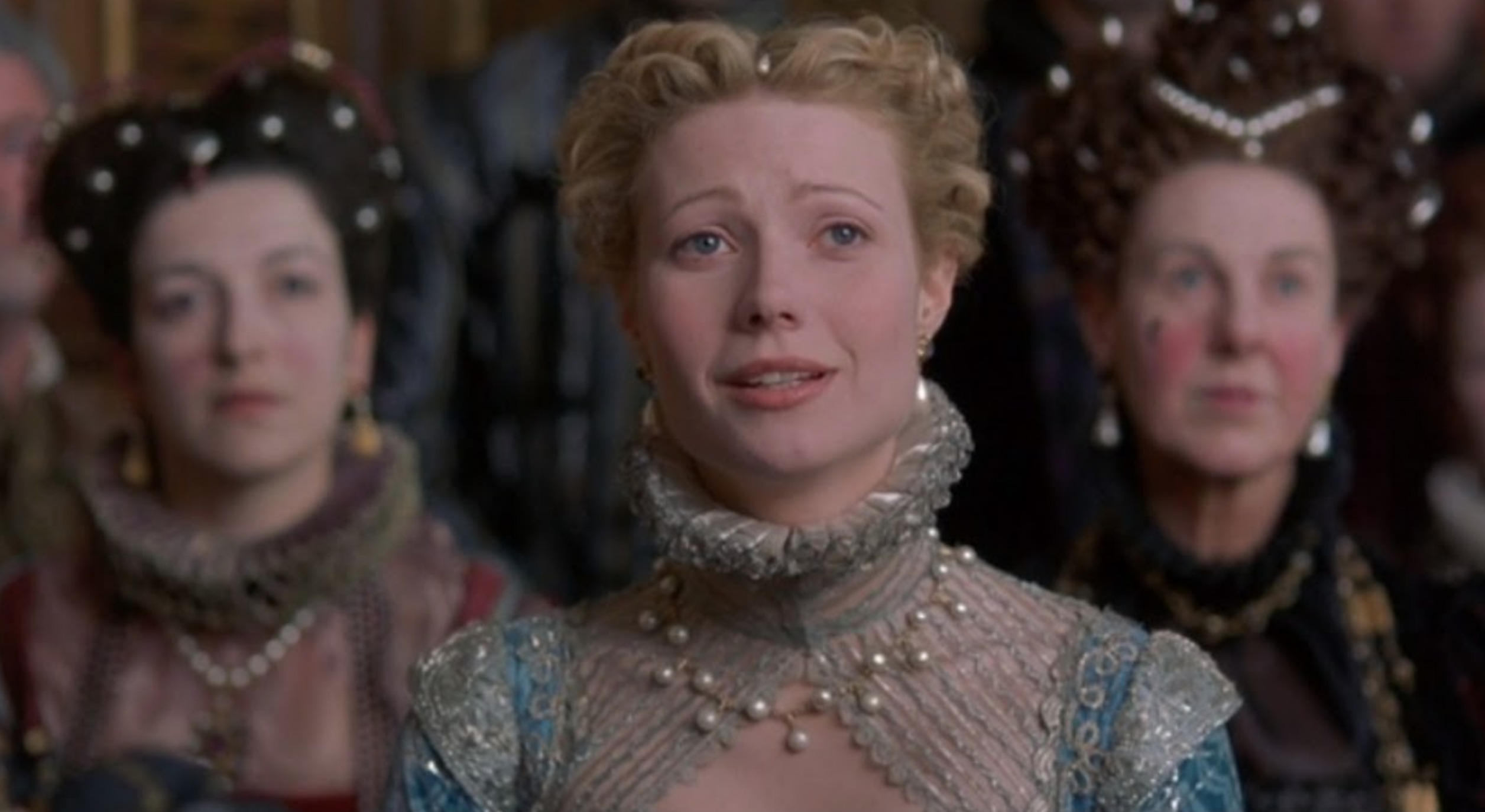Team Experience is revisiting '98 in the lead up to the Supporting Actress Smackdown on July 26th
by Mark Brinkerhoff
For as long as motion pictures have existed, ingénues have been central to Hollywood. Yet while pretty young things have never been out of style in the film industry, they do appear more dominant—or at least ubiquitous—in certain eras. And in 1998, ingénues, notably of the blonde variety, were seemingly everywhere in entertainment—on screens big and small...
 Now, let’s take a trip back 23 years ago to a wild time in American media history, which, infamous presidential sex scandal with a White House intern aside, presaged an almost quaint, pre-social media era of TRL-approved “girl power” aesthetics.
Now, let’s take a trip back 23 years ago to a wild time in American media history, which, infamous presidential sex scandal with a White House intern aside, presaged an almost quaint, pre-social media era of TRL-approved “girl power” aesthetics.
To paint a picture of where we were, as a culture, at the outset of 1998, Titanic was on its maiden voyage to eventual global box-office supremacy (with mega-male-ingénue-of-the-moment Leonardo DiCaprio in tow). On TV, Sarah Michelle Gellar was slaying in Buffy the Vampire Slayer on the nascent WB (soon to debut Dawson’s Creek as well). More in the contemporary zeitgeist, Ally McBeal, the breakout hit of the fall season, scored Golden Globes for Best Series - Musical or Comedy and Best Actress for Calista Flockhart. (Fellow nominee, Jenna Elfman, another young blonde star of a popular new comedy series, Dharma & Greg, would go on incidentally to win a Golden Globe the very next year.) And in the indie cinema world of all places, an improbably titled new film, The Real Blonde, opened stateside…and promptly sank without much of a trace.
Nowhere, however, did ingénues appear more inescapable than in mainstream movies—of all genres and sizes.
 Cameron Diaz with then-boyfriend Matt Dillon at the premiere of "There's Something About Mary"
Cameron Diaz with then-boyfriend Matt Dillon at the premiere of "There's Something About Mary"
Newly minted, fair-haired superstar Cameron Diaz (There’s Something About Mary, Very Bad Things) certainly owned the summer, while her BFF/future Charlie’s Angels co-star Drew Barrymore (The Wedding Singer, Ever After: A Cinderella Story, Home Fries) quietly ruled the off-season with wildly divergent star turns. Burgeoning blonde superstars such as Reese Witherspoon (Twilight, Overnight Delivery, Pleasantville), Renée Zellweger (A Price Above Rubies, One True Thing), and Charlize Theron (Mighty Joe Young, Celebrity)—and their teams/publicists—were plenty busy laying groundwork of their own that would build higher into the new millennium. And Hollywood being the bonkers business that it was—and still is—we were gifted (?) in ’98 with Uma Thurman and Claire Danes playing mother and daughter in a non-musical version of Les Misérables, which they chased with blink-and-you-missed-it starring roles in The Avengers and Polish Wedding. Clearly some were trying to make fetch happen, y’all (see also: Music from Another Room and Rounders’ Gretchen Mol).

As the resident Anne Heche stan at TFE, it pains me to remind you, the world, how awfully bright the future looked in ’98 for one of our most talented, versatile actresses. Terrifically screwball in Six Days, Seven Nights, potent in Return to Paradise, and frankly the saving grace of the much-maligned Psycho remake, she delivered a powerhouse year of performances that ought to have yielded as many opportunities as any of the aforementioned actresses.
Yet no blonde starlet was as in-demand and ubiquitous in ’98 than Gwyneth Paltrow, who headlined an incredible five films that year alone, starting with Great Expectations, the truly bananas Hush, Sliding Doors, the Hitchcock remake (rip-off?) A Perfect Murder, and finally her tour de force, Shakespeare in Love.

AMPAS made the right call—sorry, Cate Blanchett (Elizabeth), your year(s) would come. Reevaluating 1998, including the prevalence of ingénues, it’s next to impossible to view that year in film without the looming fright of one Harvey Weinstein rearing his ugly head in our recollections. (I mean, given the hideous revelations of his sexual predation, during this era and towards Heche, I blame him in no small part for her short shrift.) But good work speaks for itself, and we got a lot of interesting performances in ‘98 that are a pleasure to revisit—even when they don’t succeed as fully as we might hope.